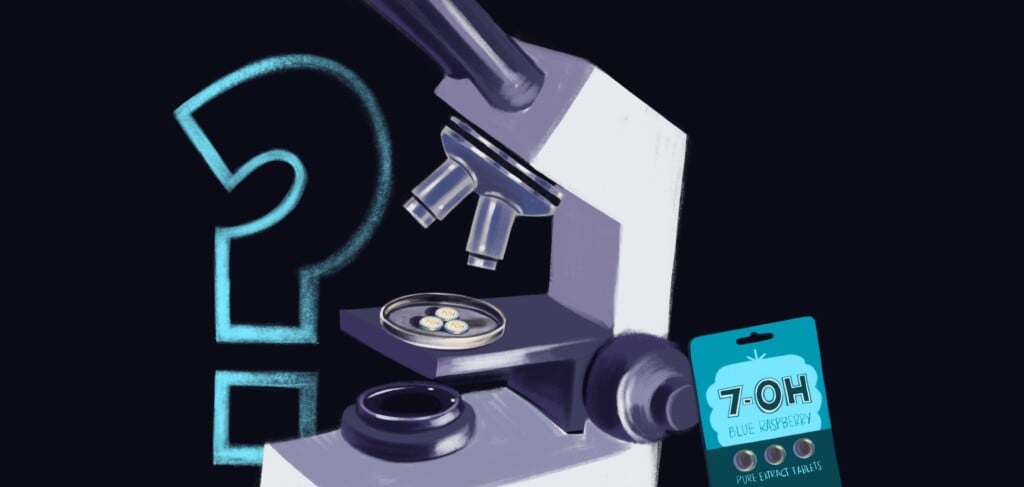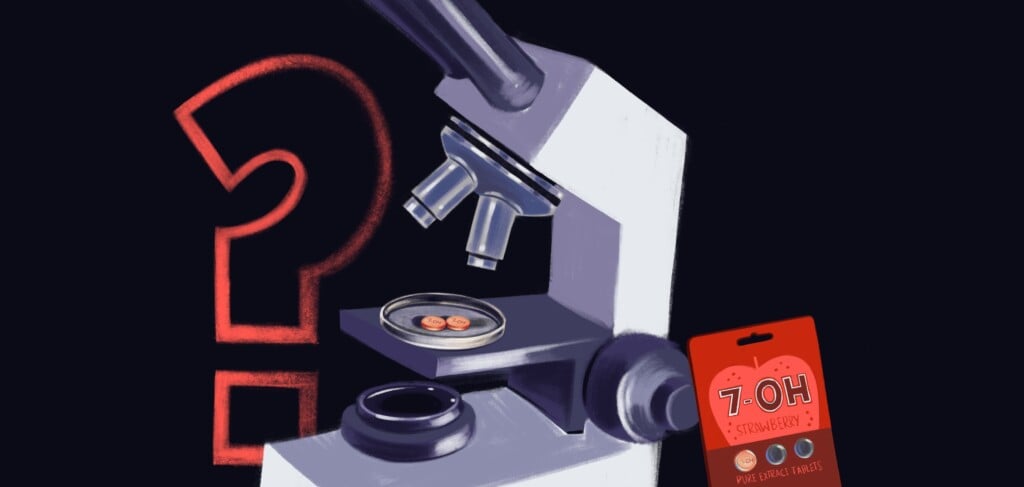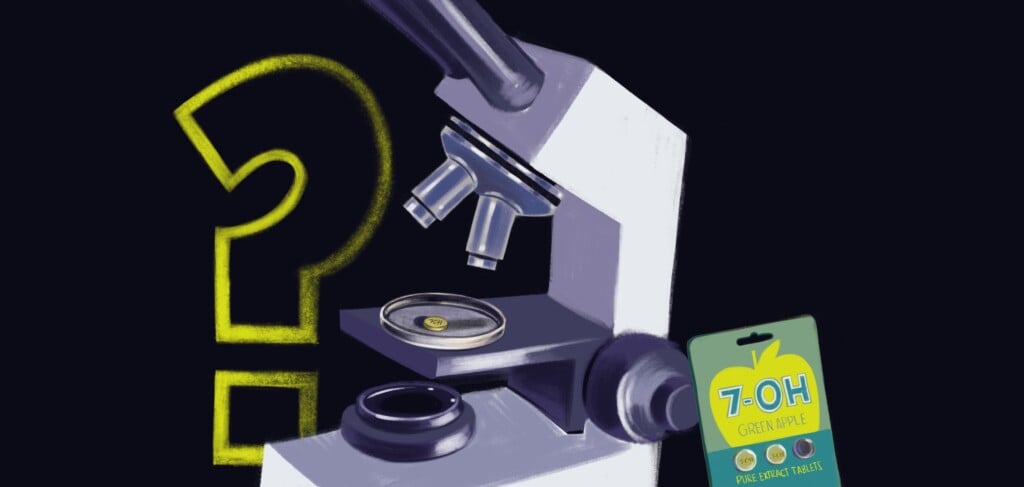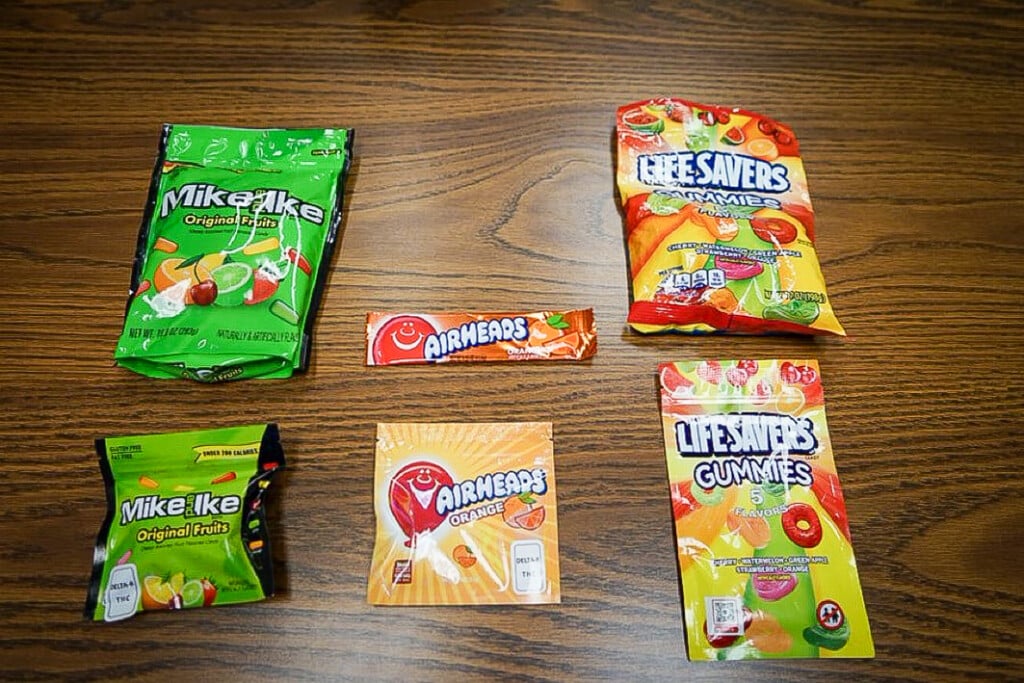WyCo’s Wrath
I’d always wanted to hear Kansas Rep. Dennis Moore sing “This Land Is Your Land.” I knew that he played the guitar and “This Land” was his favorite, but I’d never seen a performance. Finally, I would get my chance, on April 3, when Kansas City, Kansas, libraries launched the “Big Read” campaign to get everyone to read The Grapes of Wrath . Moore was showing up for the kickoff.
Outside Memorial Hall, library workers in 1930s gingham dresses handed out brochures. Inside, the hall smelled like a school lunchroom, thanks to a “Depression-Era Soup Line” with steam tables of Campbell’s chili, a big salad bowl, plates of industrial-looking cookies and a church-sized coffee urn.
Mayor Joe Reardon read a proclamation. David Kipen, director of literature at the National Endowment for the Arts, talked about how reading makes people better citizens.
Then Moore broke out the six-string. And I had a prediction about how his serenade would end.
See, the first few verses of Woody Guthrie’s 1940 song, about the redwood forests and the Gulf Stream waters, the endless skyway, the golden valley — they make a person feel good about America. But the later verses paint a much darker portrait of our country:
In the shadow of the steeple, I saw my people/By the relief office, I seen my people/As they stood there hungry, I stood there asking/Is this land made for you and me?
Those last lines sum up The Grapes of Wrath — hell, I knew that, and I hadn’t even read the book. I’d seen the movie, so I knew the plot: An Oklahoma family gets shoved off its land by a corporation and heads for California in a broken-down truck. They face indignities and heartbreaks while the hero, Tom Joad, grows more radical. Near the end, he makes a famous speech, promising, “I’ll be ever’where — wherever you look. Wherever they’s a fight so hungry people can eat, I’ll be there. Wherever they’s a cop beatin’ up a guy, I’ll be there.”
Sure enough, Moore didn’t sing Guthrie’s last verses.
Later, he told me that he sings the song to bring people together. “I tell people this could have been our national anthem. It’s a beautiful song about the greatest country in the whole world.” He said he’s not trying to make a political statement. “I know everything’s not perfect, don’t get me wrong. But I use the song as a rallying cry.”
Too bad he missed a chance to use Guthrie’s little-known verses as a real rallying cry. Because today’s America isn’t so far from John Steinbeck’s.
Just a couple of days before WyCo’s Big Read kickoff came news that the gap between rich people and poor people had grown again. “The top 1 percent of Americans — those with 2005 incomes of more than $348,000 — received their largest share of national income since 1928,” reported The New York Times. People earning more than $100,000 had a share they hadn’t enjoyed since before the Depression.
Steinbeck’s villains talk about Okies like some folks gripe about today’s Mexicans: “They’ll steal anything. They’ve got no sense of property rights…. They bring disease, they’re filthy. We can’t have them in the schools. They’re strangers.”
You have to hand it to a librarian who suggests that everyone in her town read this book.
The main protagonist is an ex-con, I discovered when I started reading. One of the heroes is a preacher who left his calling because he couldn’t stop bedding teenage gals after tent revivals. Almost all of the characters are unimaginably poor.
[page]
Steinbeck’s Ma Joad begins to understand that hundreds of thousands of starving people might find strength in numbers to fight the evil capitalists. But then she grows doubtful. “They’re jus’ kinda stunned. Walk aroun’ like they was half asleep.”
Which seems to describe this country right now, when we let a lying president lead us into war, when 45 million of us don’t have health insurance, when we say we value democracy but 70 percent of us don’t bother to vote for our towns’ mayors.
Or, as Tom Joad puts it: “I got an itch that somepin’s wronger’n hell.”
The answer, Steinbeck argues, is essentially socialism. He shows us what it’d look like during a brief respite from the agony in the book’s later chapters.
The agitator who chose this book for the Big Read was 32-year-old Jennifer Tarwater, a lifelong Wyandotte Countian who got an English degree from Kansas State University and is now the humanities specialist for her hometown’s public library.
The Grapes of Wrath is one of eight books for which the NEA provided supporting materials, including readers’ guides, posters and CDs. (Johnson Countians are reading Amy Tan’s The Joy Luck Club.) Tarwater says her fellow librarians teased her for choosing it. “Everybody was like, ‘Oh, Jennifer, are you going to go with that one?’ I was like, ‘Come on, you guys, be brave.’ I thought, Which one resonates the most with Wyandotte County and current events?”
No understatement there. The western side of the county is booming in a vast expanse of big-box, concrete consumerism. Meanwhile, half the people who live in the 66101 zip code, just northeast of downtown KCK, make less than $20,260 a year, based on census figures from 2000. Village West might have changed WyCo’s overall financials since the last census, but blocks of 66101 are still boarded up, trashed, burned-out, and marked by a profound sense of emptiness. When ragged churches seem to outnumber liquor stores, you know a neighborhood is full of lost souls.
Tarwater says she has learned that many Wyandotte Countians moved here from western Kansas, blown out by the 1930s Dust Bowl. At events over the past month, they’ve told her about being on the farm, putting wet towels over their windows, not having anything to eat. “I’m in awe of what people had to live through,” she says.
The thing is, it’s still happening. “In my neighborhood, three houses have just been foreclosed,” says Tarwater, who lives near 78th Street and Riverview. “These people have been my neighbors forever. To have a house for 25 years and lose it to the bank, that’s just awful. All over the metro, you see these homes that people lost.”
Or, as Steinbeck puts it: “The bank is something more than men, I tell you. It’s the monster. Men made it, but they can’t control it.”
It’s painful to read The Grapes of Wrath, but the strength to do so comes from Steinbeck’s astonishingly beautiful writing, the way he finds words to make us feel what seems too hard to bear, the way he shows us that we’re all human beings. Reminding people of that can be dangerous .
“The fascinating thing is that the book was banned by the Kansas City, Kansas, School District in 1939,” Tarwater says. “And they banned it from every single library.” She didn’t know that before she chose it. That’s just as well — otherwise, someone might arrest her for trying to incite a riot.
[page]
As it is, just reading all the way to the end feels like an act of defiance.




